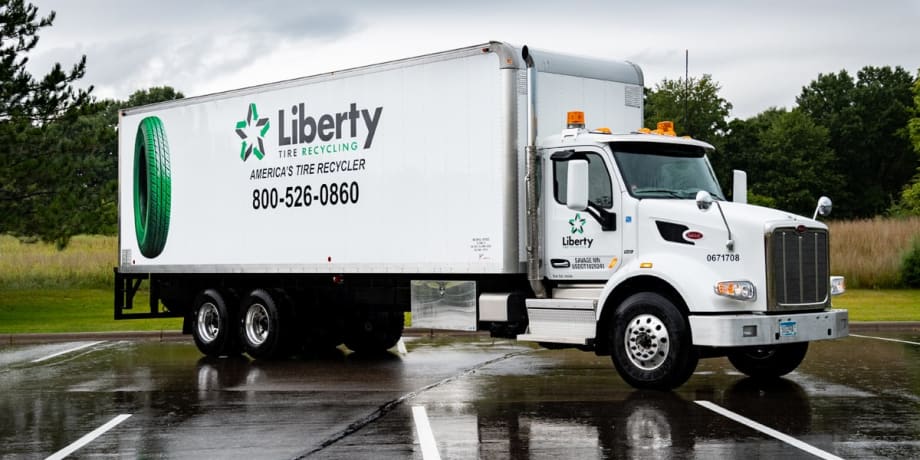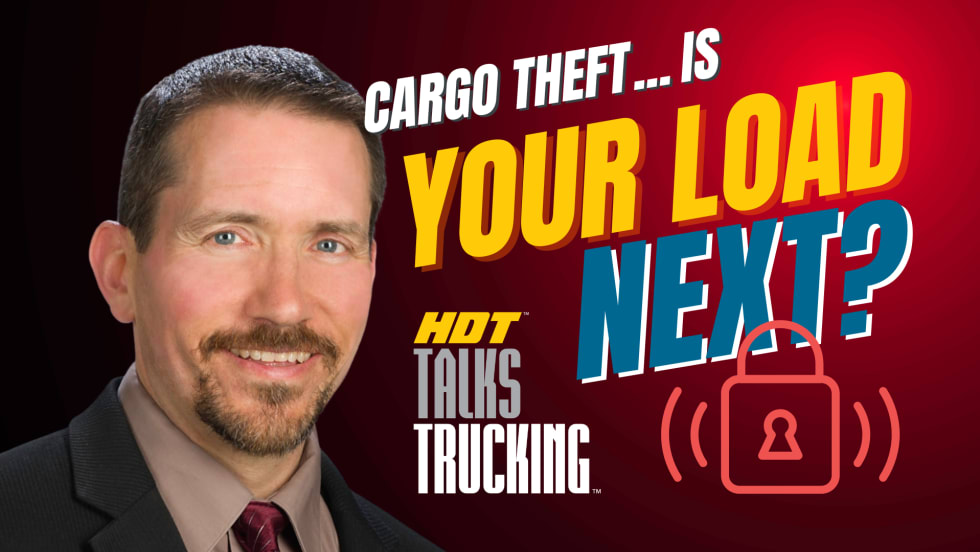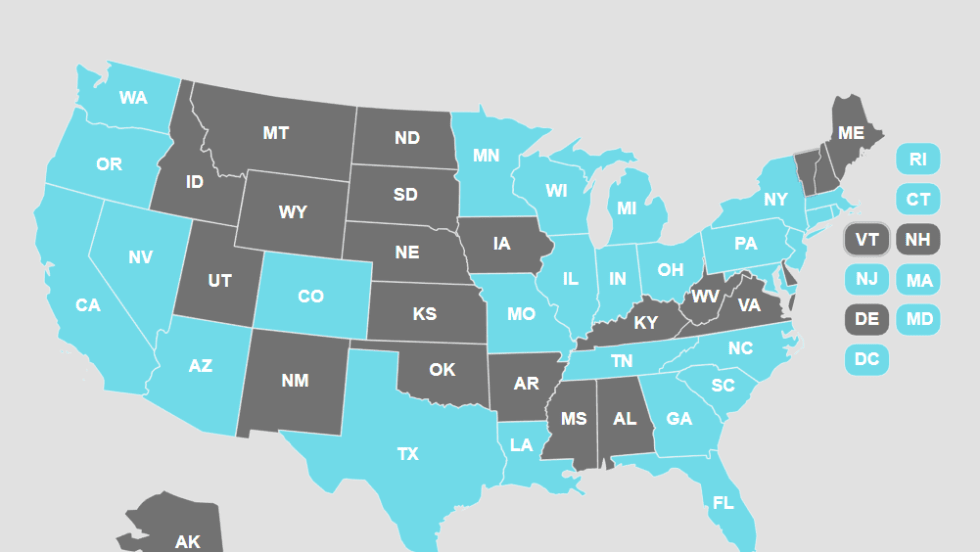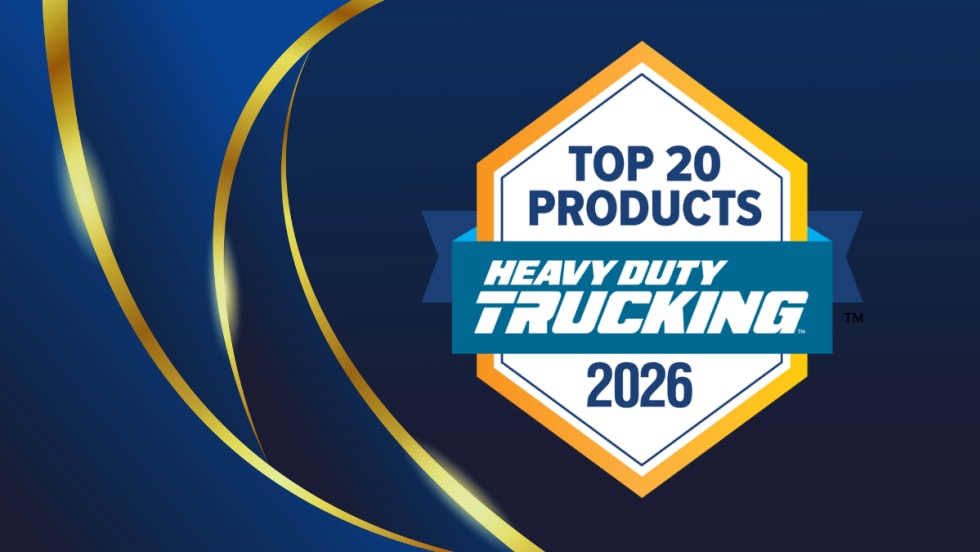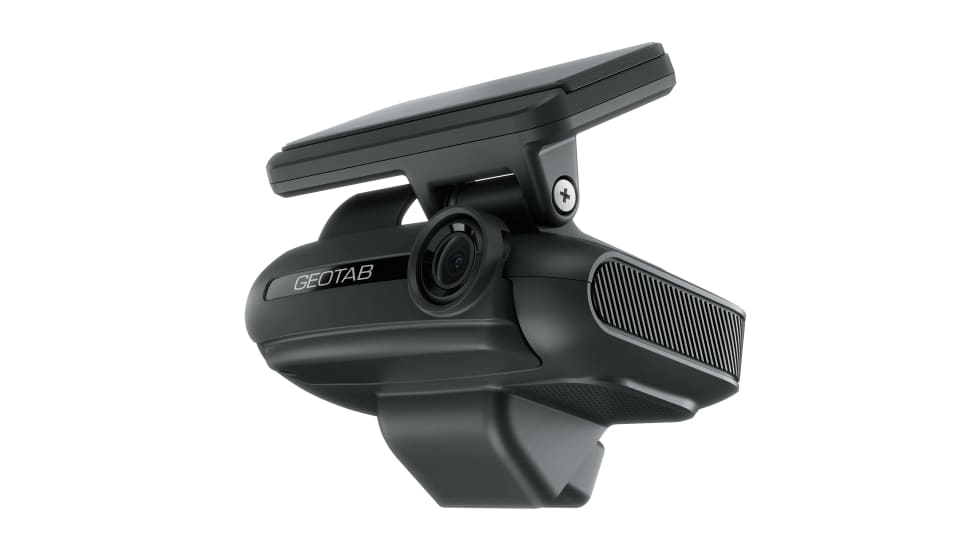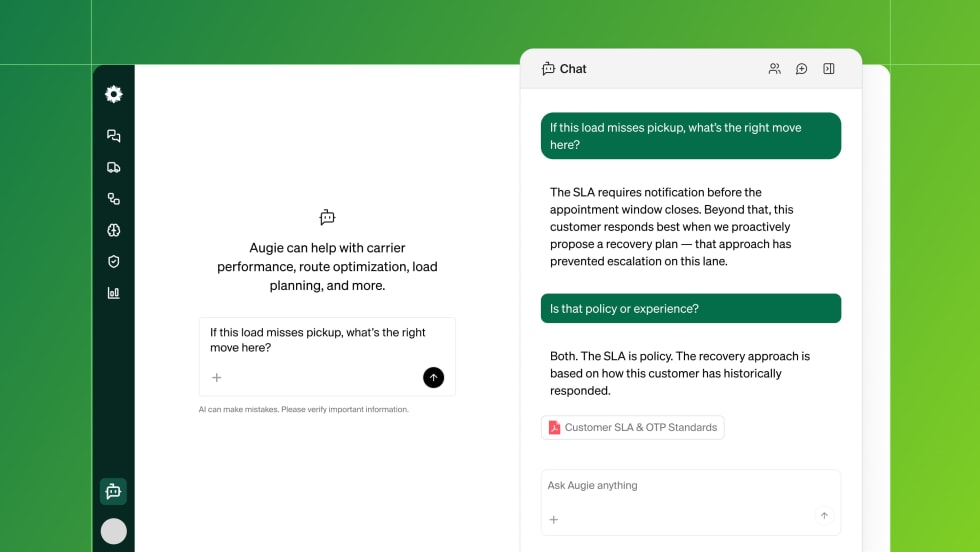Several years ago, Liberty Tire Recycling converted from owning its 450-truck fleet into full-service leasing. Was it a good idea?
About 50% of the nation’s scrap tires are collected and recycled by Liberty Tire Recycling. By recycling more than 190 million tires annually, Liberty Tire reclaims approximately 3 billion pounds of rubber each year.
Behind it all is a fleet of Class 7 and 8 trucks that make it possible to collect old tires from more than 40,000 customers, and then transform them into products that range from rubber mulch and rubberized asphalt to crumb rubber that creates a variety of products such as floor mats and vehicle mudguards.
“No one really thinks that Liberty Tire Recycling is also a trucking company, but we are,” explains of James Maust, who oversees Liberty’s Minneapolis/St. Paul processing facility.
Across all nine regions, Liberty Tire has 450 trucks. Several years ago, the company converted from owning those trucks into full-service leasing.
“We didn’t want to worry about maintenance on our trucks, plus we knew we could rotate trucks out on a schedule and take advantage of the newest technology the trucking industry had to offer,” says Leigh Eastman, Liberty Tire’s senior vice president of support services. “Plus, from a financial standpoint, leasing frees our capital so we can invest in our manufacturing facilities, tooling, and any acquisitions. We know what our costs will be upfront – we no longer have big swings in expenditures due to unforeseen breakdowns.”
There are nine regional vice presidents that are in charge of their own fleet, meaning they determine which leasing company they work with under corporate guidance. Much of the fleet is leased through PacLease.
One of the first sites to work with PacLease was in the Midwest, under the guidance of Maust.
“We operate 20 of our own trucks at our facility and we have a similar number of independent contractors,” he said. “We have different components to our business. We will self-load tires in our route business segment, but also have over 400 48- and 53-foot trailers in our geographic area for a drop-and-hook service. When the trailer is full, we drop off an empty unit and bring back the loaded trailer. In addition to the drop-and-hook business, we have a roll-off cage service where we service customers with over 300 tire cages in 12- and 24-foot sizes we can drop off and pick up.”
The route side of the business uses Peterbilt Model 567 tandem-axle trucks with 32-foot vans, spec’d with waterproof floors and liners with ramps and lift gates for driver safety.
“We have driver-helper teams who go from tire store to tire store picking up tires,” Maust says. “They’re able to collect between 600-800 passenger tires in a load – which weighs out to eight or nine tons. While the passenger and SUV tires weigh between 25 and 50 pounds, we also recycle commercial tires that can weigh in excess of 110 pounds. We’ll also collect mining tires with our Peterbilt 567 tractor and flatbed trailer – these tires are huge, weighing up to 12,000 pounds each.”
In the Midwest region, each facility works in a 300-mile radius and many of the PacLease tractors are the Peterbilt Model 579s equipped with 58-inch sleepers.
“Some of our collection crews will stay out for two or three nights a week, others will use the sleepers in an emergency,” Maust explains. “Since we work in ‘snow and cold’ country, it’s nice to have a sleeper in case we have unexpected weather.”
The Peterbilts in Maust’s fleet are powered by Cummins 15-liter engines, rated at 500 hp with 1850 ft.-lbs. of torque, and driven through automated transmissions – a change from previous manual transmission specs.
Unlike past trucks the company has used, Maust says the PacLease units are spec’d precisely for the job at hand.
“When we first started our relationship with PacLease, I worked with Allstate Leasing (the local PacLease franchise). Our salesman was part truck engineer and part salesman, so he really knew specs and took the time to understand our operation. As a truck driver myself and occasional relief driver — at the peak of COVID — I appreciated that expertise.”
Together, Maust and PacLease came up with a comfortable truck for its drivers – one that had safety features and specs that made the company more productive.
“One spec is a non-tilt fifth wheel, which gives us flexibility when hauling frameless end dumps versus dry vans and walking floor trailers,” he explains. “We also queried our drivers, asking them what they’d like spec’d on the trucks. Their input was extremely valuable – and it gave them ‘ownership’ in the equipment they now drive. All of this helps with our driver retention, which was already very high. A few of our drivers have been with us since 1989.”
When it comes to maintenance, Maust says PacLease is responsive and easy to work with.
“They’ll come to our facility and pick up the trucks needing service, then return them after the service is completed,” he says. “They save us a lot of time and keep our uptime high.”
Headquartered in Pittsburgh, Liberty Tire maintains a network of 29 production plants and 26 collection/remediation facilities across North America.
This article appears in the August 2022 issue of Heavy Duty Trucking.




